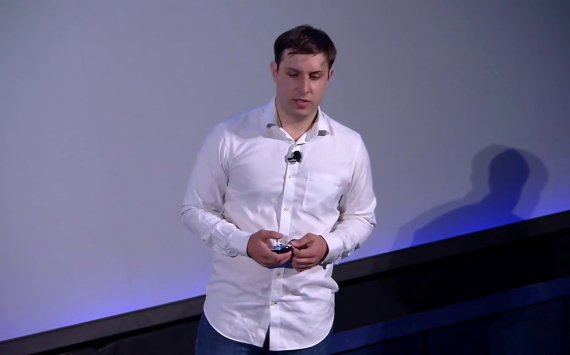Description
Kernel is a private neurotechnology company headquartered in Culver City, Los Angeles, California. It develops brain-machine interface and neuroscience technology. The company was founded in 2016 by Bryan Johnson who backed it with a personal investment of $54 million.
History
Johnson founded Kernel in 2016 and began researching neuroprosthetics, devices implanted into the brain that mimic, substitute, or assist brain functions.
In May 2020, Kernel unveiled two brain-activity monitoring devices. The devices resemble a helmet covered with sensors and have the ability to see and record brain activity, allowing scientists to more easily and quickly analyze neurons.
One device, Flux, measures electromagnetic activity. Another, Flow, pulses the brain with light to measure changes in blood metabolism. Kernel's hardware prevents environmental interference; custom microchips process signals, and algorithms analyze brain activity. The company shrunk large, room-sized machines down to the size of a wearable bicycle helmet, which allows people to be more mobile as they are monitored. The devices are expected to become available for purchase in late 2021. Potential applications of the technology include assisting paralyzed individuals with communication and tracking mental functions, such as creativity or anxiety.
At the same time, Kernel introduced "Sound ID," software that can tell what speech or song a person is listening to just from brain data. Bloomberg called the software “a sort of Shazam for the mind”, referring to the popular music-recognition app, Shazam. In a demonstration, music producer and DJ Steve Aoki tried one of Kernel's helmets with Sound ID technology. As Aoki listened to his own compositions, Kernel software analyzed Aoki's brain activity and identified the song being played.
Kernel was featured in the 2020 documentary, I Am Human, about brain-machine interfaces.
Kernel raised $53 million in 2020 to accelerate development of a new generation of brain tech.
























